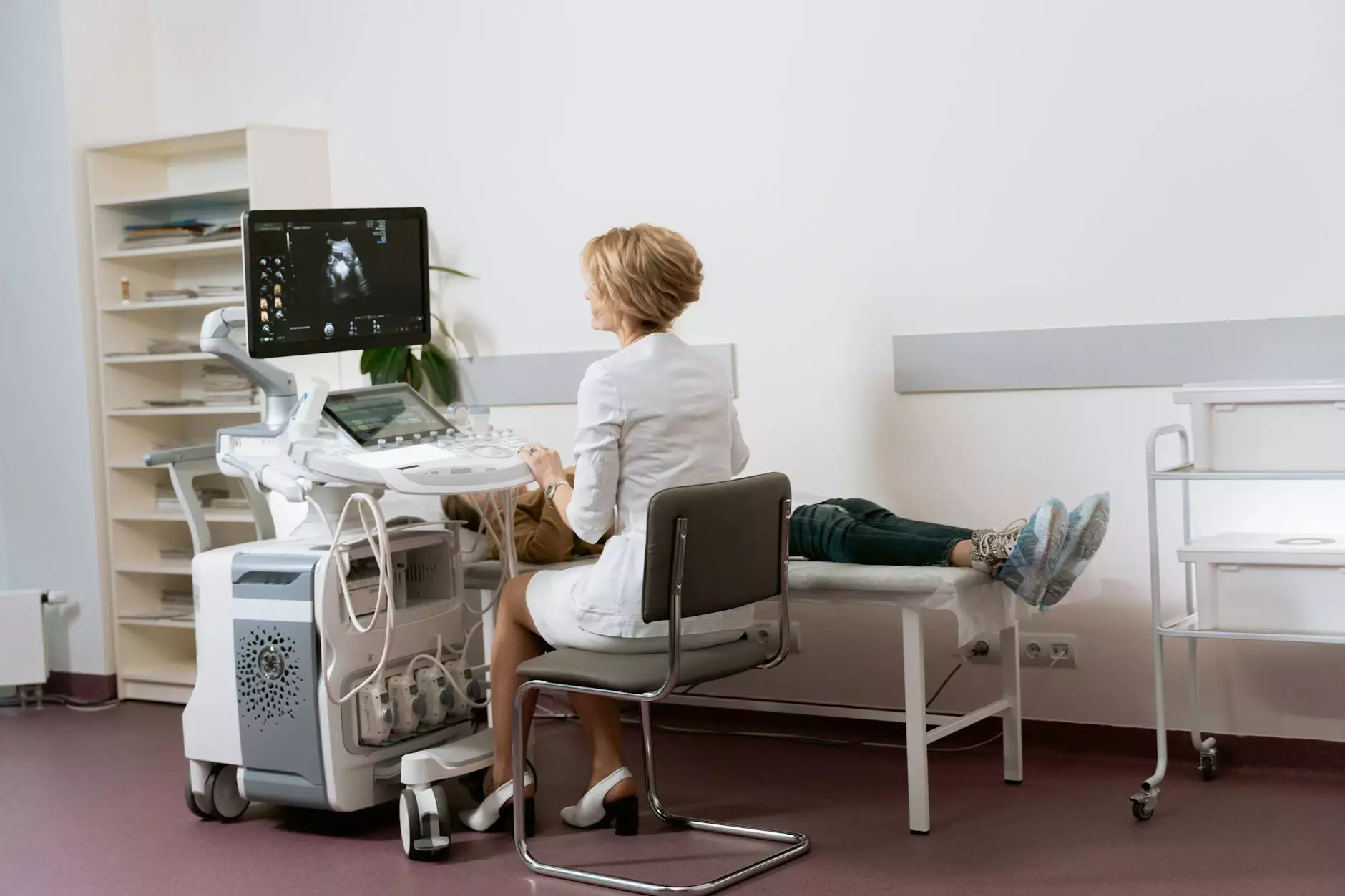Understanding the Role of a Gynecologist Specializing in Endometriosis

Endometriosis is a complex and often misunderstood medical condition affecting a significant portion of women worldwide. Millions are impacted by this condition, which can lead to chronic pain, infertility, and various psychological issues. A gynecologist specializing in endometriosis plays a crucial role in diagnosing, managing, and treating this condition effectively. In this detailed guide, we will explore what endometriosis is, how specialists diagnose the condition, treatment options available, and the holistic approach to managing endometriosis alongside quality of life improvements.
What is Endometriosis?
Endometriosis occurs when tissue similar to the lining of the uterus (endometrium) begins to grow outside the uterus. This tissue can be found on various organs in the pelvic region, including the ovaries, fallopian tubes, and the outside of the uterus. In rare cases, it can even spread beyond the pelvic organs.
Symptoms of Endometriosis
The symptoms of endometriosis can vary significantly among individuals. While some women may experience mild symptoms, others may suffer from severe complications. Common symptoms include:
- Pelvic Pain: This is the most common symptom, often associated with menstrual periods but can occur at other times as well.
- Menstrual Irregularities: Heavy periods (menorrhagia) or bleeding between periods can occur.
- Infertility: Endometriosis is often diagnosed in women who are seeking treatment for infertility.
- Pain During Intercourse: Discomfort or pain during or after sex is quite common.
- Pain with Bowel Movements or Urination: This can occur during menstrual periods.
- Other Symptoms: Fatigue, diarrhea, constipation, bloating, and nausea can also be present.
The Importance of Seeing a Specialist
While many gynecologists can provide general care for women's health, a gynecologist specializing in endometriosis offers expert diagnosis and tailored treatment plans. Due to the complexity of endometriosis, especially in advanced cases, specialized knowledge is crucial for providing effective care. Below are key reasons why consulting a specialist is imperative:
Comprehensive Diagnosis
An experienced gynecologist specializing in endometriosis will utilize detailed diagnostic tools and examinations to determine the extent and severity of the condition. Among these tools are:
- Pelvic Exams: A physical examination to check for cysts or scars behind the uterus.
- Imaging Tests: Ultrasounds and magnetic resonance imaging (MRI) can assist in evaluating the presence of endometriosis.
- Laparoscopy: A surgical procedure where a camera is used to view the pelvic organs and may involve a biopsy for accurate diagnosis.
Treatment Options Provided by Specialists
Treatment for endometriosis varies depending on the severity of the condition and the woman’s personal health goals, particularly concerning fertility.
Medical Management
A gynecologist specializing in endometriosis often recommends medical treatments that can help manage symptoms and reduce the impact of the condition:
- Pain Relief Medication: Over-the-counter medications like NSAIDs can help alleviate pain.
- Hormone Therapy: Various hormonal treatments aim to lower estrogen levels or block hormone production, thus slowing endometriosis growth.
- GnRH Agonists: These medications induce a temporary menopause-like state, reducing periods and the symptoms of endometriosis.
Surgical Options
For cases where pain is severe or when large endometrial growths are present, surgery may be necessary. Surgical options include:
- Conservative Surgery: This surgery aims to remove as much endometriosis tissue as possible while preserving the uterus and ovaries.
- Hysterectomy: In severe cases, a gynecologist may recommend the removal of the uterus. This option is generally considered when other treatments have failed and largely depends on the patient's desire for future fertility.
Holistic and Supportive Care
Beyond medical and surgical treatments, a comprehensive approach to managing endometriosis involves holistic care. A gynecologist specializing in endometriosis can help guide patients toward supportive therapies such as:
- Physical Therapy: Pelvic floor physical therapy can help relieve symptoms and improve muscular function.
- Nutrition Counseling: Diet can influence inflammation; therefore, a tailored nutritional plan can be beneficial.
- Psychological Support: Counseling and support groups can help address the psychological burden that comes with chronic pain and fertility concerns.
Living with Endometriosis
Understanding and managing endometriosis is crucial for improving the quality of life for those affected. Patients should work closely with their specialized gynecologist to develop a personalized management plan that considers their unique symptoms and life circumstances. Here are some tips for living better with endometriosis:
Educate Yourself
Knowledge is power. Learning more about your condition helps you make informed decisions about your health. Utilize resources from reputable organizations and consult your specialist.
Track Your Symptoms
Maintaining a health diary can help track symptoms and patterns, providing invaluable information for your healthcare team. This can lead to more effective treatment adjustments over time.
Communicate Openly with Your Doctor
Open dialogue with your gynecologist is key. Discuss any changes in symptoms, side effects from medications, or concerns regarding treatment options.
Build a Support Network
Connecting with others who understand what you're going through can make a significant difference. Support groups and community forums can provide encouragement, and shared experiences can help manage the emotional aspects of living with endometriosis.
Conclusion
In conclusion, the journey through endometriosis can be challenging, but the specialized care provided by a gynecologist specializing in endometriosis can empower women to take control of their health. With a specialized approach in diagnosis and treatment, tailored therapies, and holistic management, women can experience relief from symptoms and improve their overall quality of life. If you are experiencing symptoms of endometriosis, seeking out a qualified specialist is the first step towards finding relief and support.
If you wish to learn more about endometriosis and the specialized care available, visit drseckin.com for more information and resources.



